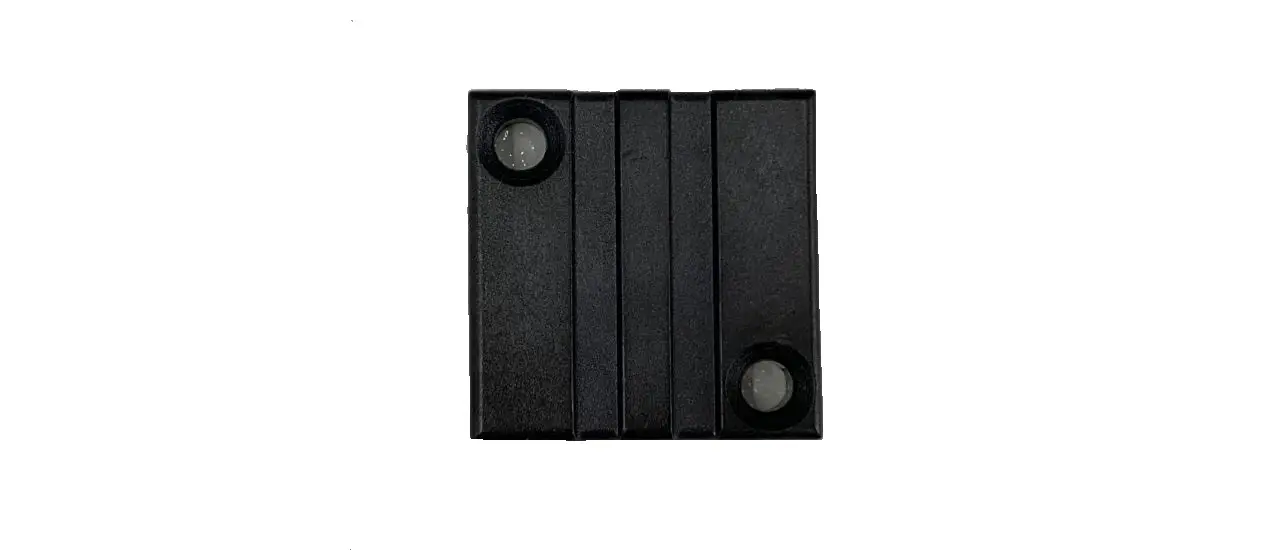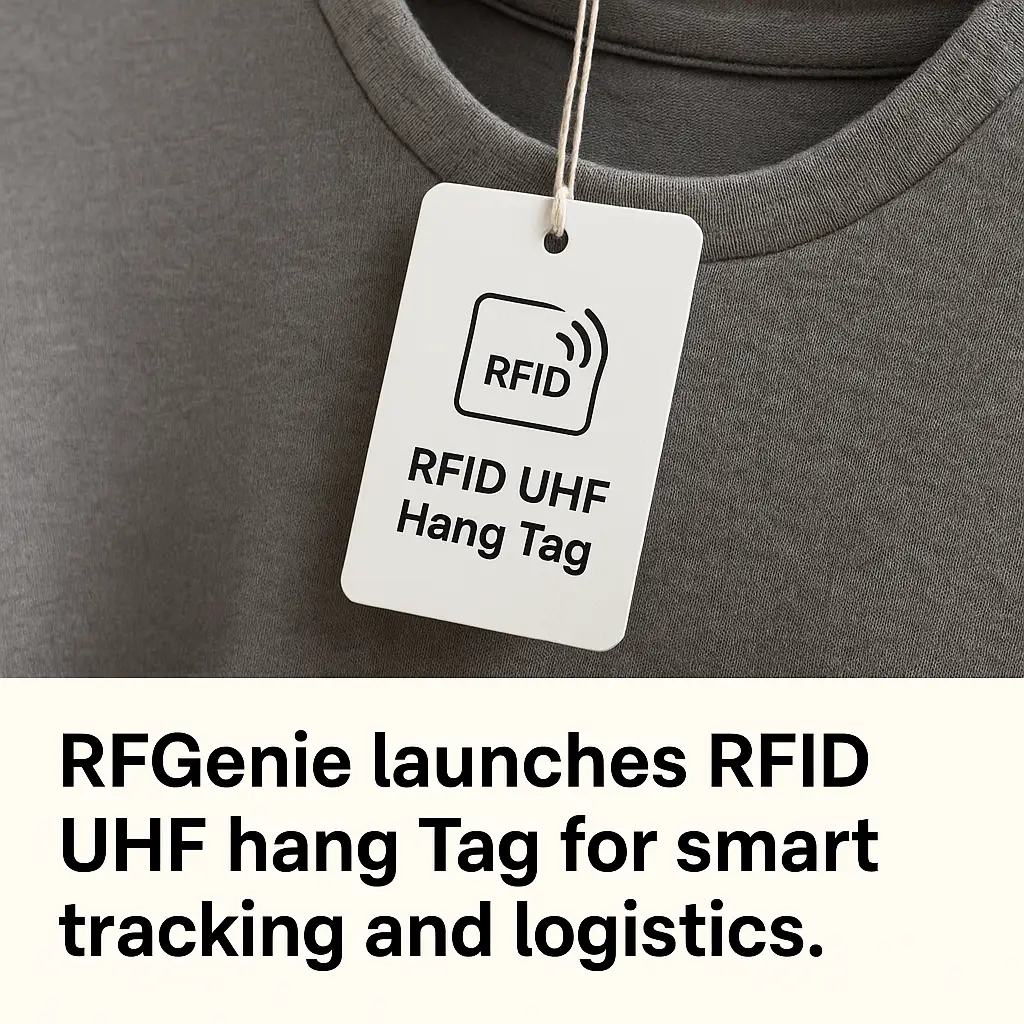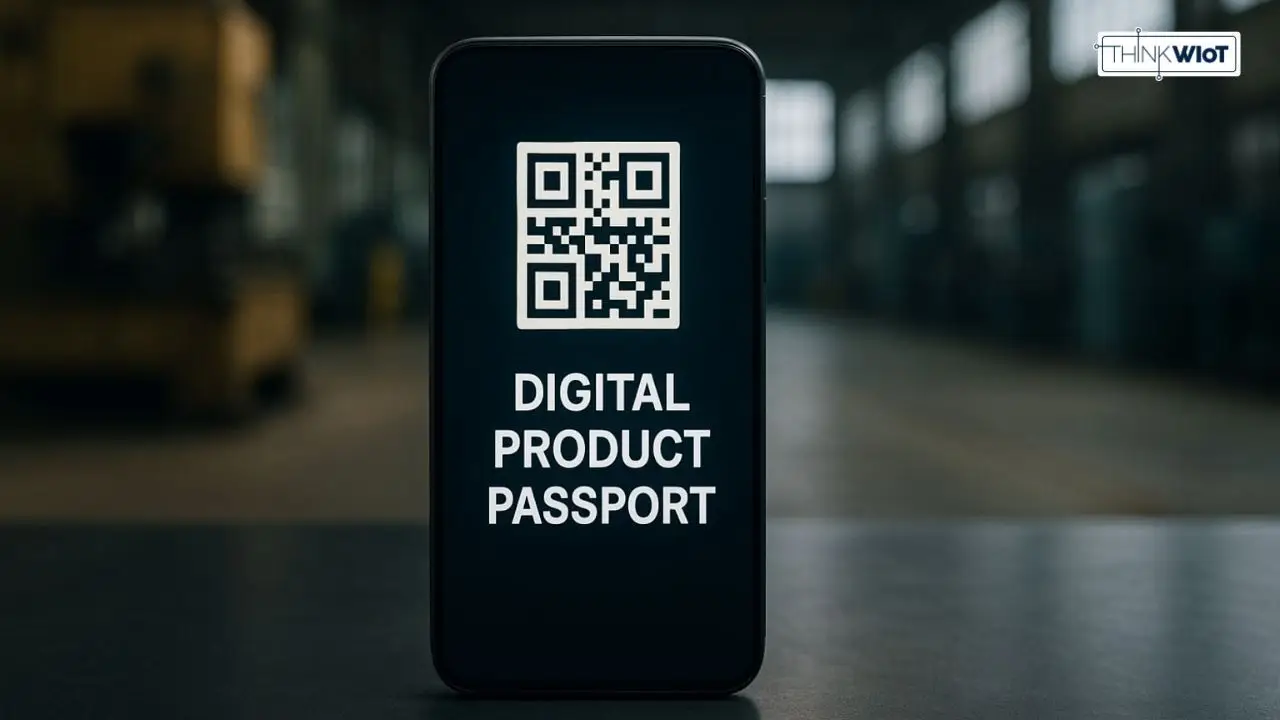B-Id Develops On-Metal Tag for the Semiconductor Industry

RFID Tag with Temperature Tolerance and Resistance to Acids and Alkali
As a pioneer in the development and production of industrial transponders, B-Id has developed an on-metal RFID tag specifically for the semiconductor industry. Thanks to the soldered connection between the antenna and chip, the tag can withstand extremely high temperatures. The packaging material consists of a special plastic that can withstand pH values between one and 13.
Omnidirectional Antenna
One of the advantages of this special on-metal transponder is the omnidirectional antenna.
"Our extensive experience shows that transponders can be read most effectively directly. Directional antennas focus the UHF energy in a specific direction and restrict connectivity to this limited area. By using an omnidirectional antenna, the reading angle can be flexibly adjusted without compromising the reading distance. The antenna can receive signals from all directions."
- Yiwen Jin, Managing Director
Applications at High Temperatures
The main prerequisite for the development of the UHF On-Metal Hard Tag is its ability to withstand high temperatures. The tag is also resistant to chemicals. The transponder's plastic housing can also be exposed to pH values between one and 13. This feature not only gives the UHF On-Metal Hard Tag robustness, but also makes it a perfect choice for applications where resistance to a wide range of chemical influences is essential.
"The standard B-Id industrial transponders can easily cope with temperatures of over 200 °C. In comparison, the new on-metal transponder holds its own under extreme conditions and can withstand a temperature of at least 230 °C for an impressive 20-30 minutes. Although this transponder was developed for the semiconductor industry, it is of course also suitable for many other industries whose applications involve high temperatures."
- Yiwen Jin, Managing Director










